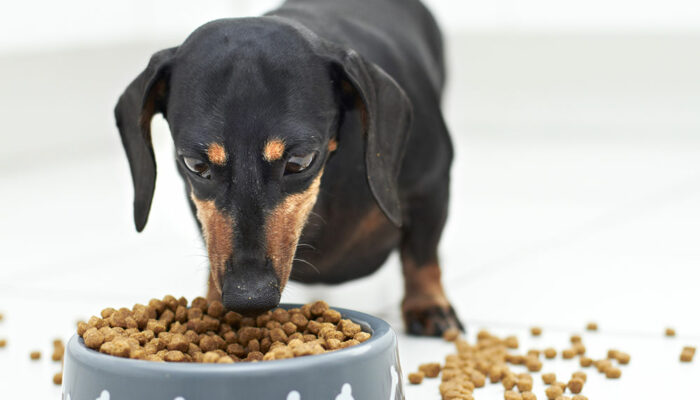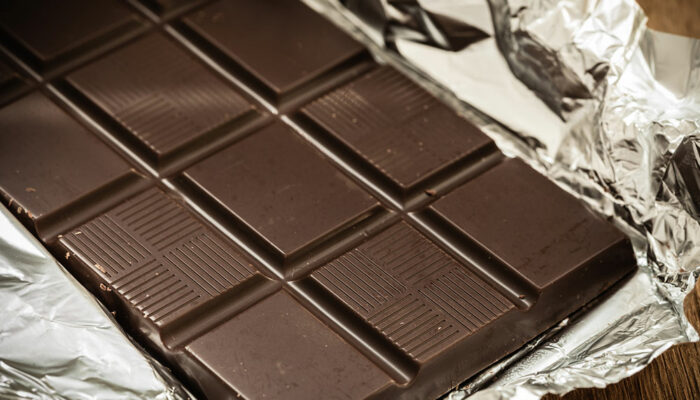
7 Foods to Avoid When Taking Prescription Medications
As we continue to prioritize our health, medications have become a common practice to keep us well. With online prescriptions and easier access to medication, it’s essential to know which foods to avoid when taking prescription medications. Certain foods can interact badly with medication and cause adverse effects on your health, which is why it’s important to be mindful of what you eat. Here are some foods to avoid when taking prescription medications, especially if you have a chronic health condition, like cholesterol or diabetes:
1. High-fat foods
If you have high cholesterol, it’s important to avoid high-fat foods such as red meat, fried foods, and fast food. These foods can interfere with the absorption of cholesterol-lowering medications, making them less effective.
2. Sugary foods
If you have diabetes, it’s important to avoid sugary foods and drinks such as soda, candy, and baked goods. These foods can cause your blood sugar levels to spike, which can interfere with the effectiveness of your diabetes medication.
3. Grapefruit
If you’re taking medication for high blood pressure, cholesterol, or depression, avoid grapefruit. Grapefruit contains a compound that inhibits the enzymes responsible for metabolizing medication in your liver, which can cause your medication to build up to toxic levels in your bloodstream.
4. Leafy greens
Leafy greens such as spinach, kale, and broccoli can interfere with the way your body absorbs certain medications like blood thinners (taken for high blood pressure), such as Warfarin. These vegetables contain vitamin K, which can reduce the effectiveness of blood thinners, so it’s important to monitor your vitamin K intake if you’re taking these medications.
5. Dairy products
Dairy products like milk, cheese, and yogurt can affect how your body absorbs antibiotics, which can reduce their effectiveness. If you’re taking antibiotics, it’s best to avoid dairy products for a few hours before and after taking your medication.
6. Alcohol
Alcohol can interact with several medications, including painkillers, sleeping pills, and antidepressants. It can increase the side effects of medication or reduce its effectiveness, so it’s best to avoid alcohol when taking medication.
7. Caffeine
Caffeine can interfere with certain medications, including antibiotics and antidepressants. It can also increase the side effects of some medications, such as stimulants and blood thinners. It’s best to avoid caffeine or limit your intake when taking medication.
In conclusion, it’s essential to be mindful of what you eat when taking prescription medications. Certain foods can interact badly with medication, which can have adverse effects on your health. If you have cholesterol or diabetes, it’s especially important to be cautious of what you consume. Always consult with your doctor or pharmacist about any potential interactions between your medication and the foods you eat.



